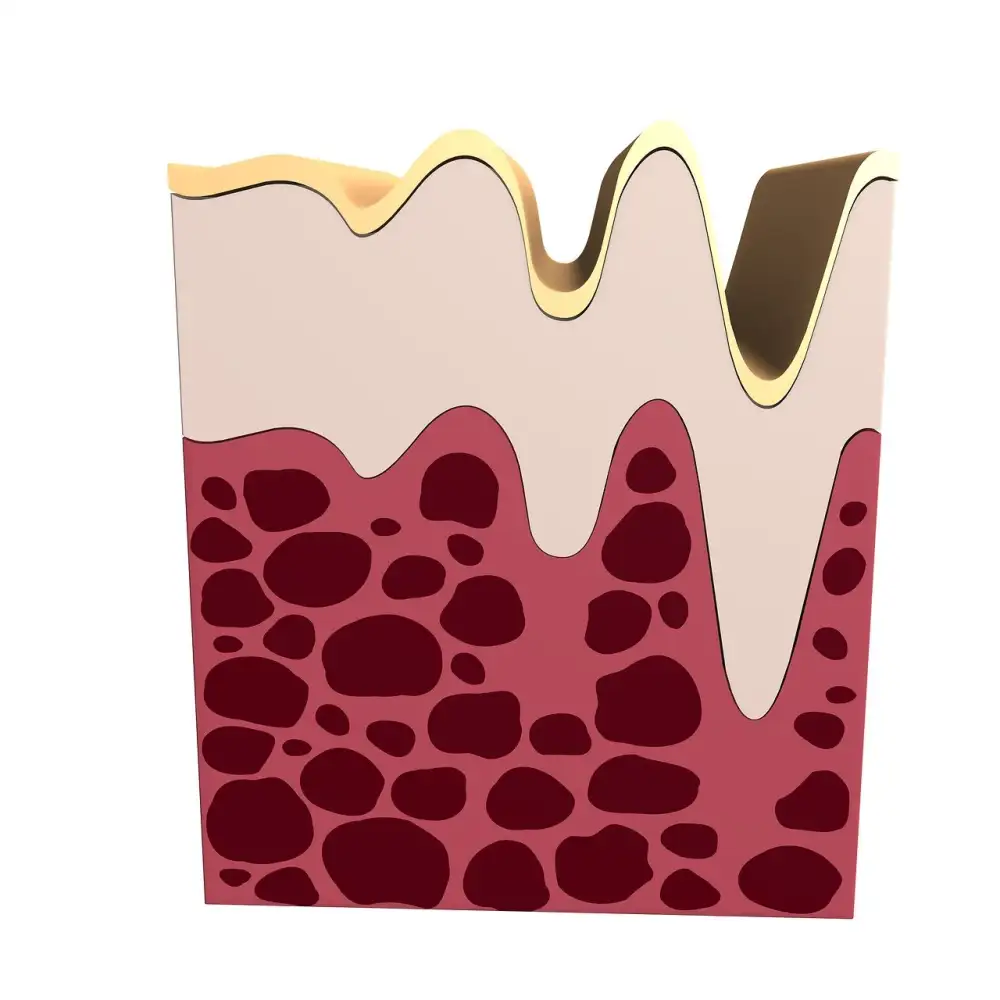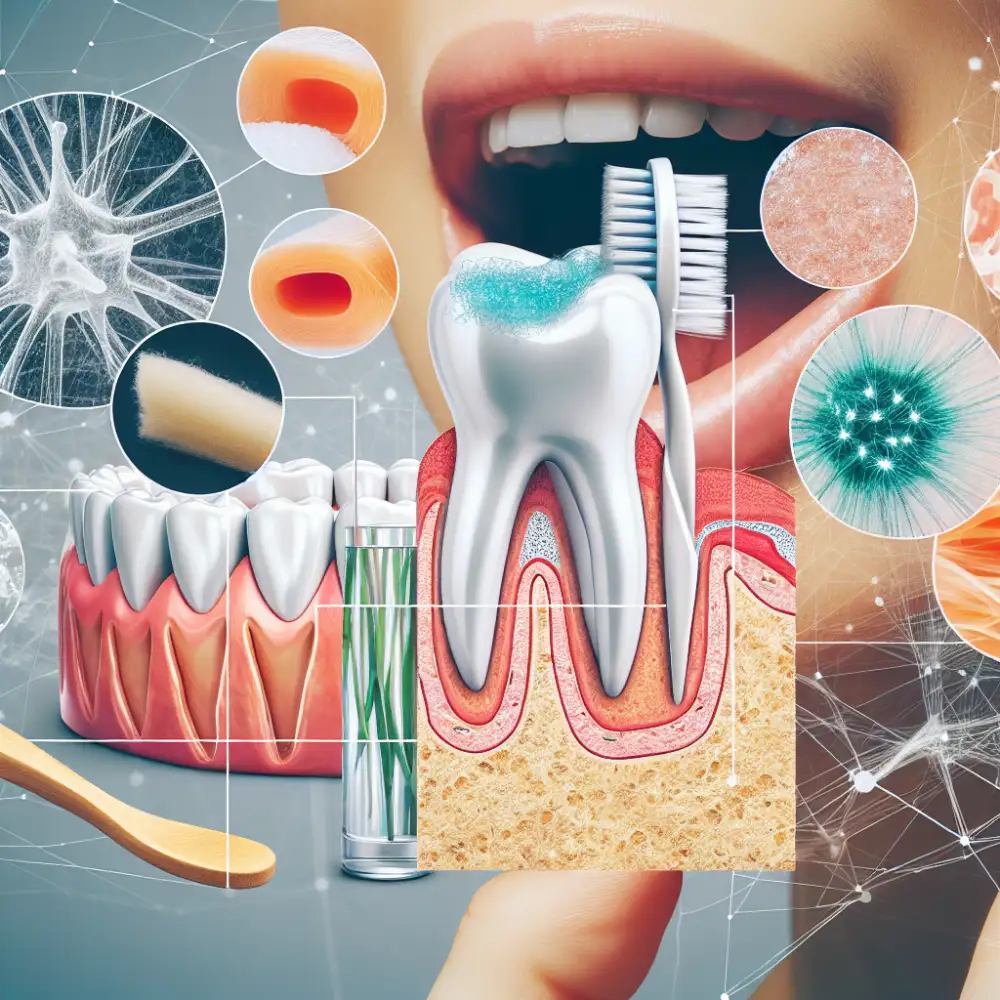Can Collagen Really Reverse Gum Recession?

Gum recession basics
Gum recession is a common dental problem where your gums pull back from your teeth, exposing the root surfaces. This can make your teeth look longer and more sensitive. In severe cases, gum recession can even lead to tooth loss. Several things can cause gum recession, including periodontal disease, brushing your teeth too hard, and tobacco use. Genetics can also play a role. If you're concerned about gum recession, see your dentist. They can help you determine the cause of your recession and recommend treatment options. Treatment options may include deep cleaning, gum grafting, or pinhole surgical technique.
Collagen's role in gums
Collagen is a protein that provides structure and support throughout your body, and your gums are no exception. It helps hold your gums in place, providing a tight seal around your teeth and protecting the underlying bone. This structural integrity is vital for preventing tooth mobility, gum recession, and even tooth loss. Think of collagen as the scaffolding that keeps your gums firm and resilient. When your body experiences collagen depletion with age or factors like smoking, you might notice your gums becoming thinner or more prone to damage.
Collagen for recession: How it works
Collagen plays a crucial role in maintaining the structural integrity of various tissues in our body, including the gums. During a recession, the gums pull away from the teeth, exposing the root surface. This can lead to sensitivity, pain, and an increased risk of tooth decay.
Collagen supplements or treatments aim to replenish the collagen levels in the gums, promoting tissue regeneration and potentially slowing down or reversing the recession process. Collagen can help to strengthen the gum tissue, improve its elasticity, and stimulate the production of new collagen fibers.
While more research is needed to fully understand the effectiveness of collagen for recession, some studies suggest that it may be a promising adjunctive therapy. Collagen can be taken orally as a supplement or applied directly to the gums in the form of gels, membranes, or pastes.
Delivery methods for gum health
Potential benefits and limitationsLarge language models offer exciting possibilities, from automating tasks like writing and translation to improving customer service through AI-powered chatbots. They can also personalize learning experiences and make information more accessible. However, it's crucial to acknowledge their limitations. These models can sometimes generate biased or inaccurate information, reflecting biases present in their training data. Additionally, their reliance on patterns instead of true understanding can lead to nonsensical or inappropriate outputs. While promising, responsible development and critical evaluation are essential to harness their potential fully.

Collagen, a building block of healthy gum tissue, can be a valuable tool in the fight against recession, potentially promoting regeneration and a more youthful smile.
Dr. Evelyn Montgomery
Talking to your dentist
Good communication with your dentist is key to a healthy smile. Don't be afraid to speak up and ask questions. Before your check-up, jot down any concerns you have, like tooth sensitivity or pain. This will help you remember everything during your appointment. During your visit, describe any symptoms in detail. Be open about your oral hygiene habits and any lifestyle factors that might be affecting your teeth, such as smoking or diet. Remember, your dentist is there to help you achieve and maintain optimal oral health.
Published: 10. 06. 2024
Category: Health



